Case Law Details
At the outset it may be mentioned that the Income Tax Officer, who is the appellant herein, as well as the Commissioner of Income Tax, who has authorised the AO to prefer an appeal, did not apply their mind in the correct perspective and in a very lacklustre and routine manner filed the appeal which, in turn, resulted in wastage of time of the court which would be highlighted at appropriate places.
A careful perusal of the relevant provision shows that when an assessee incurs expenditure from known sources section 69C does not get attracted; in order to invoke the section it has to be shown that the assessee had not explained about the source of such expenditure or part thereof. In the instant case there is no dispute with regard to the source of expenditure and it is also not in dispute that the assessee incurred expenditure. It is not the case of the Revenue that the assessee claimed it as business expenditure. It was only added to the “capital work-in-progress”.
The learned CIT(A) examined the issue in the backdrop of the facts placed before him and noticed that the assessee explained the source of the expenditure and hence the case falls outside the ambit of section 69C of the Act. In this regard he observed as under: –
“4.2 I have considered the findings of the AO as contained in paragraph 3.1 of the assessment order and also submissions as made by the appellant. It is a fact that AO does not dispute genuineness of the expenses as claimed. In fact it is on record that details of the payment as made to various parties along with their names, complete address, PAN details, amounts paid and further the TDS deducted were furnished before the AO. It is not disputed that from the details as furnished before the AO, it is seen that said parties are mainly consultants to whom the payments have been made. Thus on the said expenditure, the appellant had offered all the details which the AO had called for. It is not as though no explanation about the said expenditure or it source thereof were not explained to the satisfaction of the AO. Only objection taken by the AO is that justification for having incurred said expenditure has not been established. This reasoning of the AO is certainly outside the scope and ambit of the provisions of section 69C. In fact the condition precedent for applying the provisions of section 69C are not present in this case. The condition precedent is to establish existence of expenditure which is not explained satisfactorily by evidence or material on record. In fact the burden on the assessee has been discharged with all available details furnished, as called for by the AO. The names, address & PAN were available before him. In fact it is not that as though the expenses were not explained, the disallowance is based only on the reason that there was no justification for the same. From the facts of the case, it is held that the conditions precedent for invoking provisions of section 69C are absent in this case, that the expenditure has been explained by adducing evidence and other relevant material and hence it was not open to the AO to disallow the said expenditure or to treat the same as deemed income under s. 69C of the I. T. Act. When the books of account have been maintained and expenditure recorded with full details and supported by vouchers, then no addition can be made under S. 69C vide CIT Vs. Pratap Singh Amar Singh (1993) 200 ITR 788 (Rajasthan). Under the circumstances, the addition made under s. 69C cannot be sustained and is hereby deleted.”
A plain look at the findings of the CIT(A) clearly indicate that the AO was desperate to make addition initially under section 40(a)(ia) of the Act thereafter under section 69C of the Act by stretching the language of the section to an extent where no person with a reasonable understanding of law would not have applied section 69C in the said context. However, he chooses to file a further appeal and seeks permission of the Commissioner who has immediately granted permission. At this juncture it may be noticed that the power is vested in the Commissioner of Income Tax and not with the AO because the Legislature, in its wisdom, thought that a superior/ senior officer can take a more balanced decision so as to avoid filing frivolous appeals in routine manner. However, even the Commissioner has not given his reasons as to why he has authorised the AO to file an appeal on this issue. The AO, while filing the appeals, supports the stand taken by the CIT(A) in ground No. 1 by the very fact that ground No. 1 does not begin with the expression “Whether”. In other words, the ground raised by the AO shows that the CIT(A) is justified in deleting the addition. Either he should have used the expression “CIT(A) is not justified in law in deleting the addition” or he should have questioned “whether the CIT(A) is justified in law”. The ground raised by the AO, on the other hand, appears to have come from his heart i.e., the true position on this issue was reflected in the grounds of appeal. Though the Revenue preferred an appeal, neither the learned D.R. cared to look at the grounds nor the AO intended to change the grounds of appeal. Even if it is assumed that the AO seeks to challenge the order passed by the CIT(A) on this issue, even before us no material, whatsoever, was placed to show as to under which provision of law addition can be made with regard to the sum of 12,76,655/- which as admittedly not claimed as business expenditure but was added to the capital work-in-progress.
We have carefully considered the rival submissions and perused the record. The learned CIT(A) has taken note of the fact that M/s. Toptrack Garments Pvt. Ltd. cannot be treated as an associate company and duly authorised person has signed the confirmation letter. It is also not in dispute that payments were made by cheque and PAN details were also on record before the AO. Even at this stage the learned D.R. could not point out as to on what basis the Revenue can assail the order of the CIT(A). In such case it is the duty of the administrative Commissioner to take proper care to verify the facts thoroughly before appending his signature in the form of authorisation memo and the AO is equally responsible in furnishing necessary details in the form of paper book before the Tribunal if he is of the opinion that the plea raised before the Tribunal has some force. It is a very rare scenario in the Tribunal that the AO personally takes care to assist the Departmental Representative by furnishing necessary details to support the plea raised by him. In fact this is a peculiar case where even the Commissioner (Administration) who is supposed to supervise the proper functioning of the AO, under his charge, has allowed him to file appeals without properly examining the assessment order and the order of the learned CIT(A), which results in unnecessary expenditure to the assessee when appeal is filed by the Revenue and the assessee had to undergo the trauma of engaging counsel and paying substantial fees to defend the case when the Revenue has no case at all.
Having regard to the circumstances of the case we are of the firm view that the order passed by the learned CIT(A) does not call for any interference. We hold accordingly.
As we have already mentioned, on account of improper action on the part of the Commissioner of Income Tax as well as the AO, the assessee had to engage a counsel and incur substantial expenditure to defend its case. Therefore we award a token cost of 5,000/- upon the Commissioner of Income tax who has given the authorisation and cost of 10,000/- upon the AO who has filed this appeal.




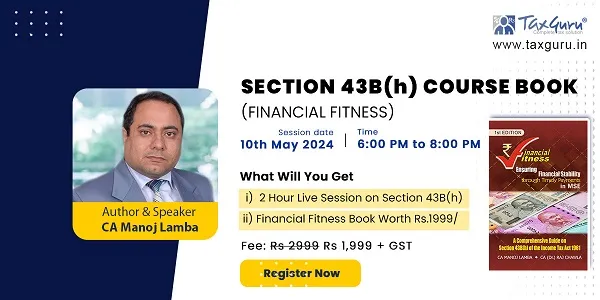



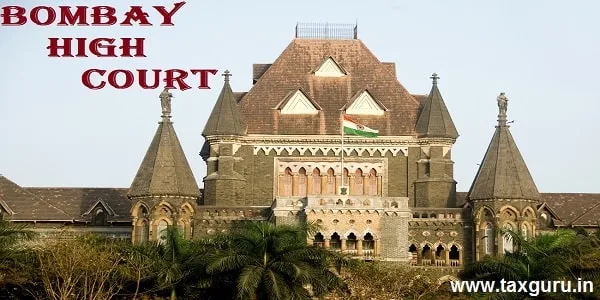




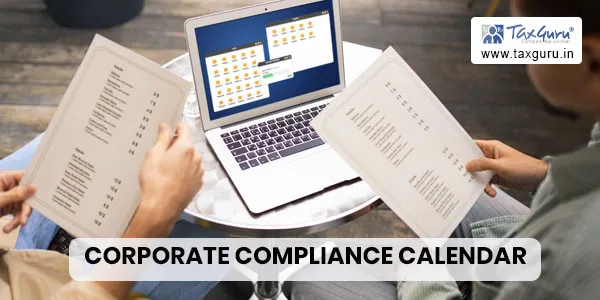

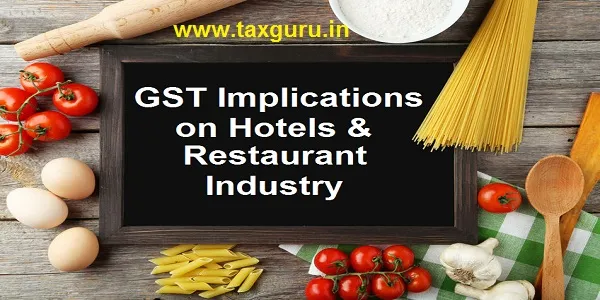



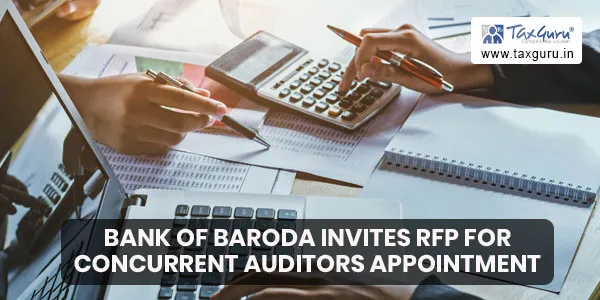
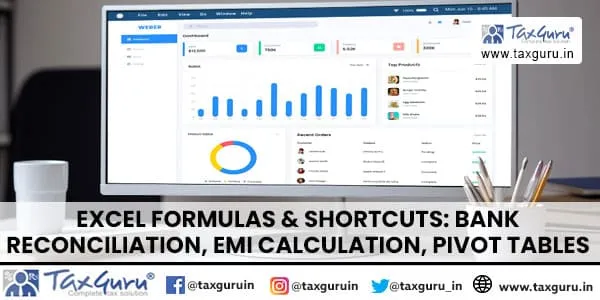
Not only IT department,There are number of such cases filed by Government organisations. AP Government owned Discoms went into appeals before the Honourable, Supreme Court a number of times when the Honourable, Supreme Court ordered to pay the differential tariff from 2004 onwards to the mini hydel power generating companies as per the Power Regulatory Commission’s rulings. Even today some of the cases are pending.
The mechanical in this country where the corruption is rampant and a junior shall neither dare nor shall be willing to displease his seniors.Policy of sharing and policy of you please me and I shall please you are prevailing.
Going for appeal should not be because govt. pays for the advocate and not the one who decides to appeal, but based on merits of the case and dispassionate assessment of the position. We can see unpteen number of cases going to Supreme Court, highst court of the land, for getting redressal as the govt prefers an appeal than accept the judgement (of the lower court). There should be accountability of the officer/s who decides to appeal. We have to have advocates who are willing to say that they cannot accept the case (as it is defending the wrong/wrong doer).
An unusual order! Hope there will be no further appeal before the High Court.
R Balasubramanian , Chennai-59.